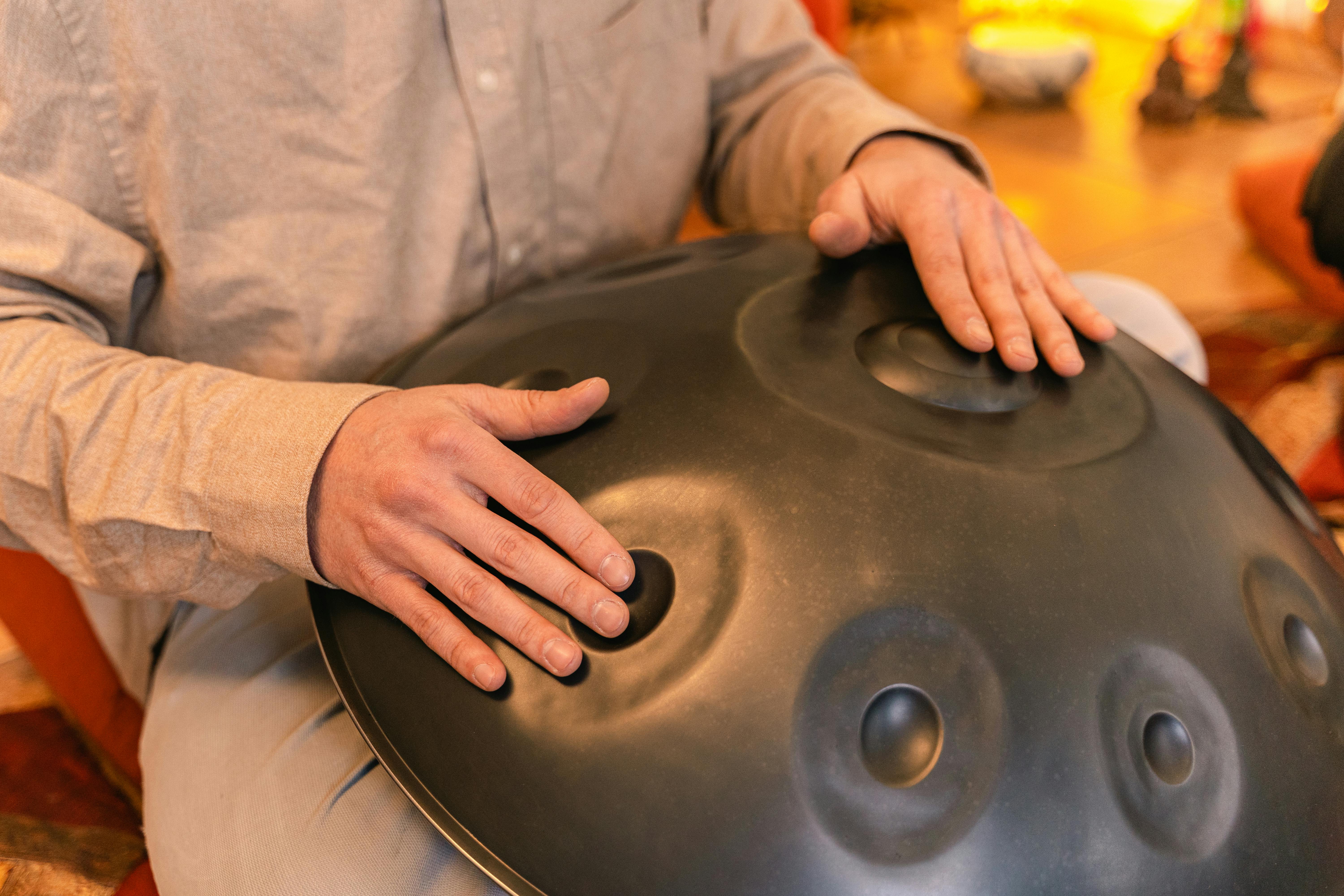 Let’s face fact: what we do is not easy. As musicians, it would be nice if we had someone else to handle the business end of things so all we had to do was worry about playing. Unfortunately, we aren’t that lucky. But there is a flip side. Being forced to be both player and agent allows us more freedom to pick and choose the performances we want. Money is important, and for those doing this as their primary source of income, it can be quite stressful worrying about money, but if done properly, negotiations with clients can easily be swung in your favor.
Let’s face fact: what we do is not easy. As musicians, it would be nice if we had someone else to handle the business end of things so all we had to do was worry about playing. Unfortunately, we aren’t that lucky. But there is a flip side. Being forced to be both player and agent allows us more freedom to pick and choose the performances we want. Money is important, and for those doing this as their primary source of income, it can be quite stressful worrying about money, but if done properly, negotiations with clients can easily be swung in your favor.
As the negotiations progress during a phone call or in-person discussion, there are some things you should keep in mind. First, don’t get nervous. It’s hard for first timers, but it plays a critical role in the negotiations. If you are calm, relaxed and confident, the client sees you as knowing your craft, therefore will trust you more to lead the negotiations. In the end, no matter what, always push for a contract and a deposit. Knowing how to negotiate with the client is another topic, but for now, here are 5 things to keep in mind when making a contract for musical performance:
1. Include Date and Time of Performance- It may seem stupidly obvious, but if you’re in a hurry, you’d be surprised about what gets left out. Most times, the client will double check for errors like this and call them out before signing, but always have a template version of the contract on-hand regardless. If you haven’t created a contract, just go online and look at examples to get ideas. Or contact myself or another local pan player for advice. We’re always here to help!
2. Include Total Amount, Plus Breakdown of Deposit and Remainder- Aside for last minute gigs where the total amount will be paid at the gig, getting a deposit is an important step. It assures if the client cancels last minute, you won’t be left with nothing but your sticks in your hand when the dust clears. My take is usually 50% of the total amount at least a week before via mail (Paypal works too if you’re comfortable with it). Put the total amount at the top, followed by a breakdown of the deposit and remainder, along with how and when each is to be paid.
3. The Details- When writing up your template, have either a lawyer or fellow musician look it over to verify nothing is left out. Mainly, making sure you covered yourself in case issues arise. For instance, if you want not to be held responsible for damage to electrical outlets, that should be in the contract. Unless you have insurance, which can be costly. Make sure all details are clearly written and leave as little as possible open to interpretation. If you want to protect both yourself and the client, for instance, put a clause that states deposit to be forfeited if they cancel and that it will be refunded if you cancel prior to a certain date.
4. Keep It Simple- The language in the contract doesn’t need to be as complicated as a legislative bill. This isn’t Congress. In fact, it’s best to make it as simple as possible, so anyone can understand it and the client doesn’t feel threatened. A breakdown list of all elements helps when constructing the contract.
5. Be Flexible With Revisions- Some clients are easy-going and don’t require any revisions. Some want your first born child signed to them in blood. Everybody’s different. But the important thing to remember is the more flexible you are, the smoother the gig will go. I did a gig at a yacht club where another potential client sought me out for another yacht club. During negotiations she was tough. I offered the same amount as the other club and she refused. I tried every trick in the book to get her to go with the rate and she refused, but she was polite. Some people are just shrewd at business. Ultimately, we negotiated it down to being less money, but it was still a fair deal based on what was required of us. I didn’t feel like I won the big game, but I sure didn’t feel like I lost either. As long as both parties get what they want, it’s win-win.







